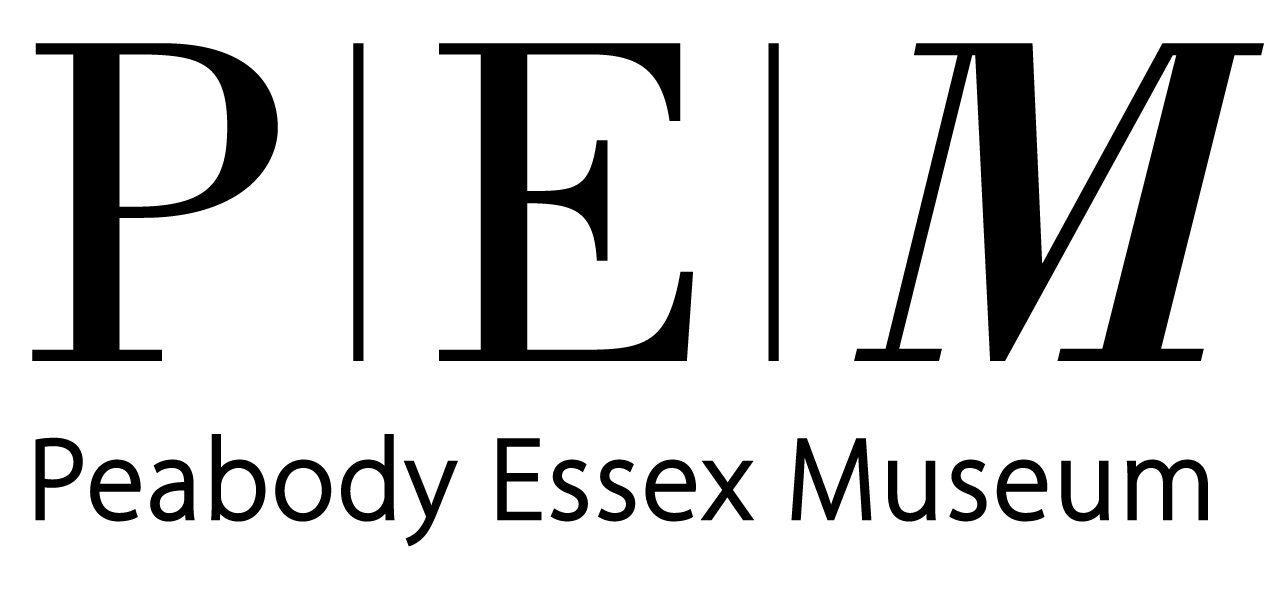HOLY FRIT is making its East Coast Premiere at Salem Film Fest, after premiering and winning the Audience Award at Slamdance last month. SFF Program Director Jeff Schmidt caught up with Director Justin Monroe to discuss his career as a narrative filmmaker and making his documentary debut.
Jeff Schmidt: This is your first documentary film, but you have been working in narrative film for quite some time. Can you tell us the differences and similarities of working in these different genres?
Justin Monroe: I’m sure there is a much bigger list I could come up with, but what jumps out immediately as the differences and similarities are these:
DIFFERENCES:
1. The magic moments are really real
2. The approach to making a documentary is completely flipped on its head from a narrative.
When I’m working on a narrative project, I’m always trying to capture magic moments that are visceral, emotional, fun, alive… but at their core, I want them to feel authentic. I’m always trying to help the crew and actors get past the "make-believe," and work with me to help the scenes and moments come alive in a very real way… to create a bridge for the audience to truly "buy-in" to the story as a real experience (even if it’s a fantasy).
What I absolutely loved about filming the documentary was, when you captured a magic moment, it really was REAL. You get to watch this dynamic reality unfold before your eyes… it really just happened.
In the other difference I mentioned about the approach being flipped on its head, what I mean by that is the order of getting a documentary made versus a narrative is almost the exact opposite.
Getting started on a narrative film takes a ton of effort up front… You have to work on your script until it’s ready, which can take a long time, or you have to find the perfect script you want to make. Then you have to raise the money to make the film, go through the long casting process, hire a crew, work out a schedule, book the locations… the list goes on and on.
To get started on a doc, all you need is a camera, a microphone, a sturdy will and a true passion for the subject.
However, the post production process on a narrative versus a doc is flipped as well. On a narrative, the edit already has a blueprint. In most cases, you have a good script ready to guide the process, so you know exactly what story you’re telling. You don’t always know the exact story you're telling in a documentary - at least I didn’t. I knew the broad strokes, but I had to really find the movie in the edit. This greatly increased the amount of time I spent on the post production process.
For me, it was much easier to get started on a doc, and much harder to finish. However, one good thing about it being harder in the end was… Since I had spent so much time filming the movie, there was no way I wasn’t going to finish it. All of the blood, sweat, tears and time I had lost on the production process gave me all the motivation I needed to complete the post production process.
SIMILARITIES
The main similarity that comes to mind is this… It doesn't matter if you’re making a doc or a narrative, it all comes down to great characters and great conflict. It’s wonderful that you believe strongly in the story you’re documenting, but if there aren’t interesting characters for a person to connect to, or real conflict for the characters to overcome, the film probably won’t be that enjoyable to watch.
JS: After your experience with HOLY FRIT, do you hope to work on both types of films moving forward?
JM: Yes… I am dying to make another narrative, where I have a little more control over crafting a story at its roots. But I cannot deny that documentary filmmaking got its hooks into me deep… I would absolutely love to make another documentary.
JS: What advice would you give to first time documentary filmmakers?
JM: I know this going to sound cliche, but my advice is… JUST START. Get a camera, get a microphone, and get going. It’s that simple.
Of course, as I said above, you need a good story, with good characters and good conflict. You have to find a story and subject you love enough to stay with for years. But once you have that (and you’re armed with enough crazy), the best thing to do is… JUST START.
Don’t get caught up on all the complicated reasons for why you can’t get started… JUST GO FOR IT.
HOLY FRIT streams as part of Salem Film Fest from Friday, March 19 - Sunday, March 28. Tickets to view the film can be purchased here.







